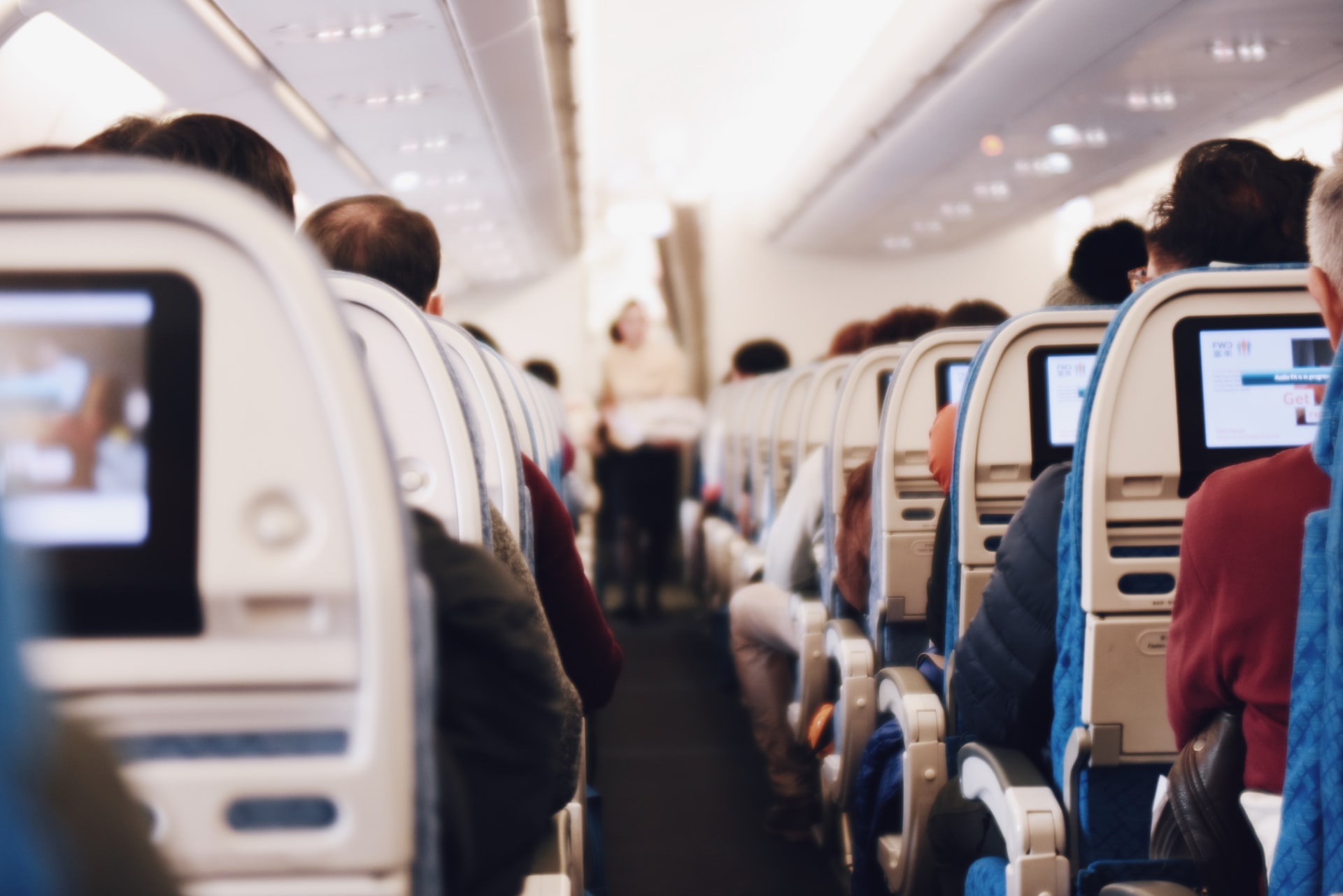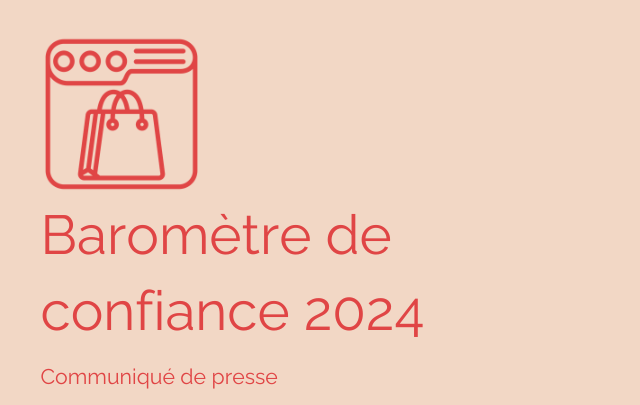

PHOTO CREDIT: Suhyeon Choi (Unsplash)
On June 4, six major Canadian consumer associations and civil society organizations called on the government to force airlines to reimburse consumers whose flights were cancelled because of Covid-19.
As we all know, the current situation is unacceptable: thousands of consumers who bought plane tickets before the pandemic are unable to obtain a refund. Yet for those who are unable or unwilling to postpone their trip - because they were going to visit a sick relative, or to highlight an event that took place without them, or because they are elderly - this is the only valid solution.
The European Union and the United States have understood this. They have both obliged carriers to offer refunds for flights cancelled due to Covid-19.
Instead, Canadian carriers offer only a travel credit.
The Canadian Transportation Agency (CTA) has endorsed this option, stating on its website that the provision of such a credit is a "suitable" solution, and that a 24-month period "would be considered reasonable in most cases". That's all it took for this option to become the norm.
Coming from an organization that claims to "offer air passengers a consumer protection regime", such an opinion is somewhat incongruous.
Faced with the outcry, the CTA qualified its position. It indicated that this was not an "enforceable decision" and invited consumers who believe they are entitled to a refund and have been refused to turn to it to lodge a complaint. But who will? Although some airlines now showed greater flexibility, the damage had been done.
Sometimes, to qualify for the simple travel credit, you have to have paid in full. And also pay fees, which can be high - up to 29% of the ticket price, depending on what we've seen in the news. Has the fare increased between receipt of credit and departure? You may have to pay the difference.
Travel credit may suit some people - but will it still suit them when they find out how much they have to pay? However, it is not at all suitable for those who have lost their job temporarily or permanently. Right now, they need their money back. They can't afford to plan any more trips.
Airline travel credit offers also have the perverse effect of closing doors to consumers. Insurance companies, for example, are reluctant to reimburse those who have been made such an offer. And in Quebec, credit card issuers, whose employees seem to be unaware of the existence of chargebacks, refer them to arbitration, a relatively complex process.
While travel credits have few advantages for consumers, they have many for airlines.
They're the ones who hold the money received from travelers - and shouldn't a large part of that money have been deposited in a trust account, in which case why aren't they being reimbursed?
They are also the ones who will pocket the sums paid for unused credits.
In this context, Canadian airlines should think beyond the pandemic and consider the consequences of refusing to reimburse. For once the crisis is over, aggrieved consumers may choose to fly on the wings of foreign carriers.
If Canadian airlines don't offer consumers the possibility of a refund, the government, which is about to come to their rescue, should oblige them to do so.
The letter sent to the government - which we mentioned earlier - is just one of the initiatives employed to ensure that consumers' rights are respected. Prior to this, Option consommateurs had circulated a petition and Droit des voyageurs had done the same; at the time of writing, they had collected 31,000 and 61,000 signatures respectively. In addition, numerous collective actions had been undertaken.
Let's hope this will get things moving... and that common sense will work in the consumer's favor. Let's face it: nowhere in Canada is it legal to keep a consumer's money without giving them the service they paid for.






